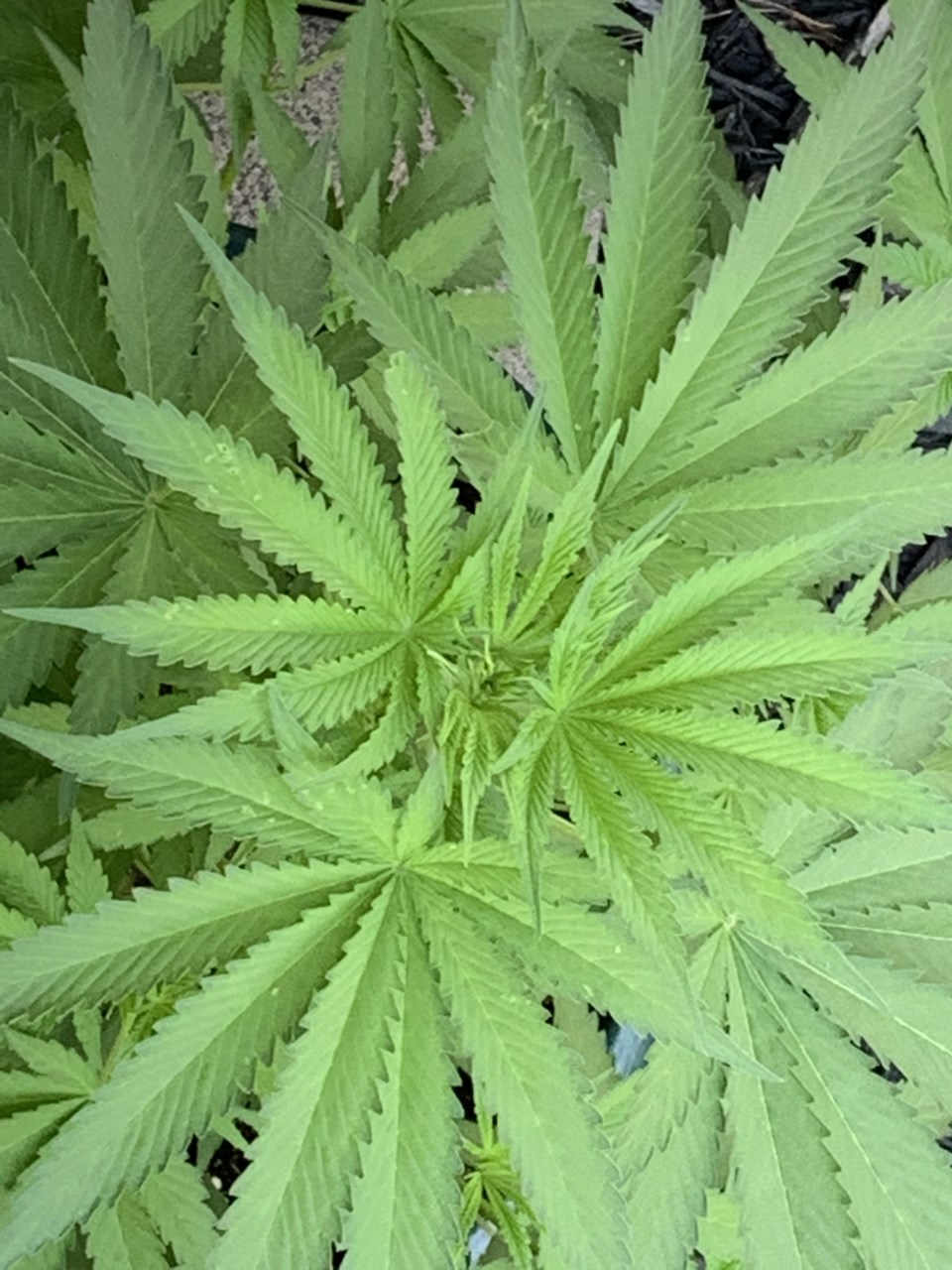Certifying a local marijuana grower as environmentally conscious will likely have the same impact on consumers who go out of their way to purchase products labeled “organic” or “fair trade,” said Jacob Policzer, co-founder and director of Science and Strategy at The Cannabis Conservancy.
“I believe a cannabis consumer does care how their product and medicine is grown and prefers to buy cannabis aligned with their values,” Policzer said.
The Cannabis Conservancy and Boulder County unveiled a new program this month that seeks to assure cannabis customers that they are buying marijuana grown with cutting greenhouse emissions in mind.
The Boulder County Carbon Conscious Certification recognizes efforts by licensed commercial cannabis cultivators to save energy and reduce their carbon footprint, Policzer said.
To be certified, growers have to adopt a step-by-step plan to reduce energy consumption and carbon emissions. That includes energy assessment and monitoring, the development of cultivation plans, energy optimization goals and a low carbon policy, according to a Boulder County news release.
Getting certified is a marketing boon for growers who can say they are working hard to reduce the harm caused by their operations, said Bonnie Bahlmann, co-owner and operator of In The Flow, a cultivator with an operation in Boulder and in unincorporated Boulder County.
“If it were me, and I saw a container that was carbon conscious certified I would buy that product,” said Bahlmann, whose operations are one of five enrolled in the certification program. “It just shows so much transparency. So you aren’t wondering, ‘Where did this come from … and how is it grown?”
It is estimated that indoor cannabis production accounts for 1.3% of Colorado’s total greenhouse gas emissions, according to the news release.
Boulder County requires commercial cannabis cultivators to either offset their electricity use with local renewable energy or pay an energy surcharge, the news release said. Fees collected from the surcharge are placed in the Boulder County Energy Impact Offset Fund, or EIOF, which is used to support carbon reduction initiatives, the news release states.
Boulder County’s EIOF Steering Committee, working in conjunction with The Cannabis Conservancy, created the certification program to support accountability in the cannabis cultivation market, Policzer said.
“The BCCC seal allows the consumer and others in the supply chain to know that they’re supporting a cultivator who is working towards carbon neutral cannabis production,” Policzer said.
He hopes to expand the certification program into a state-wide effort. “There are a lot of (marijuana) farms in Boulder County and in Colorado that would like this kind of information getting out to the consumers,” he said. “It will be good for the industry.”



